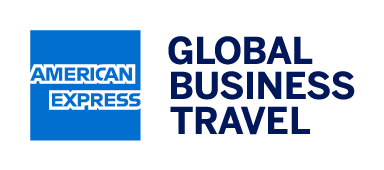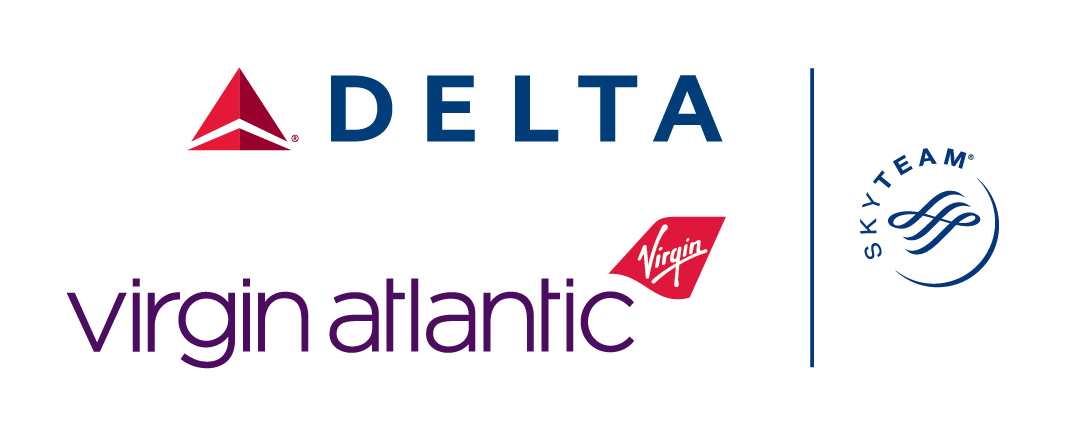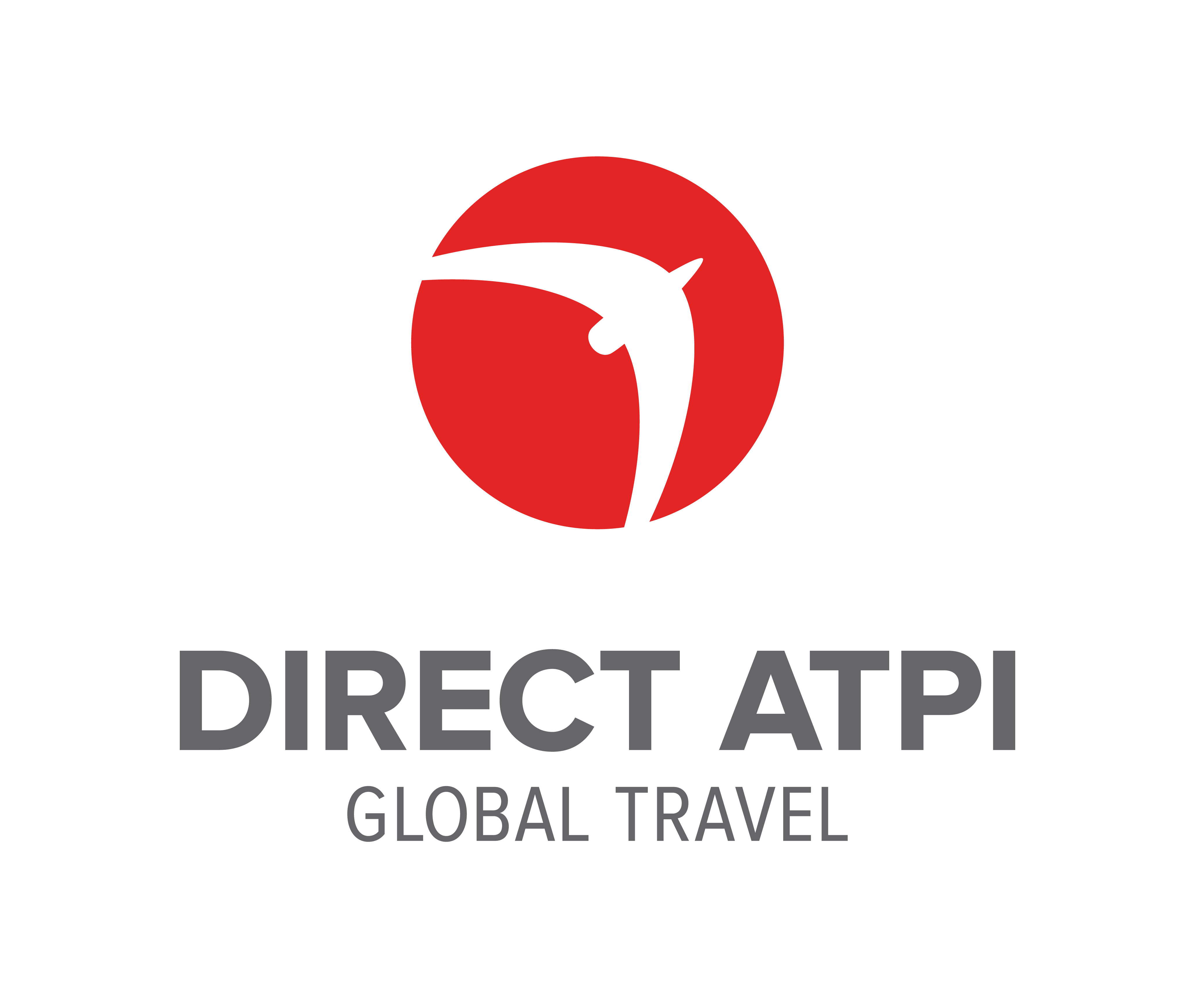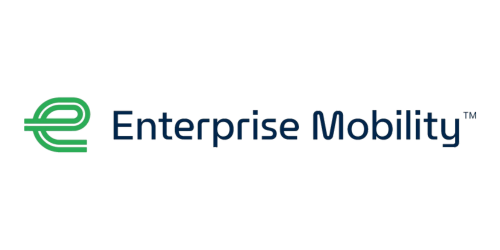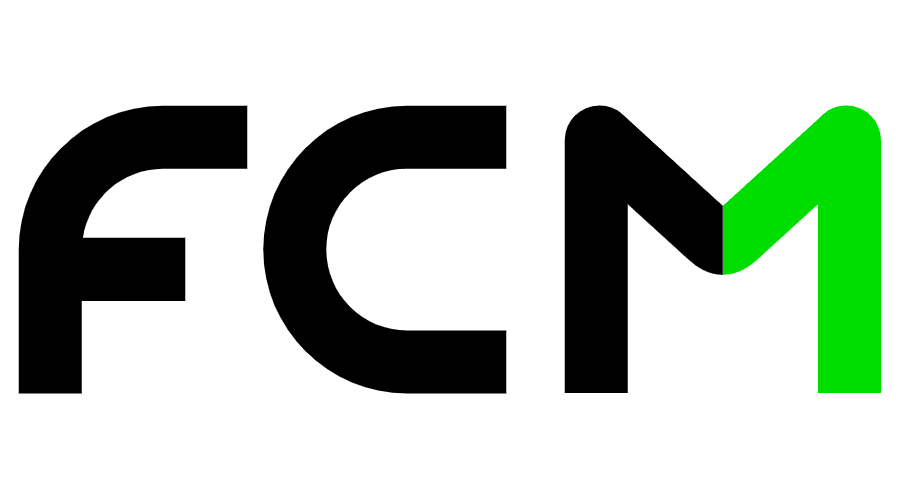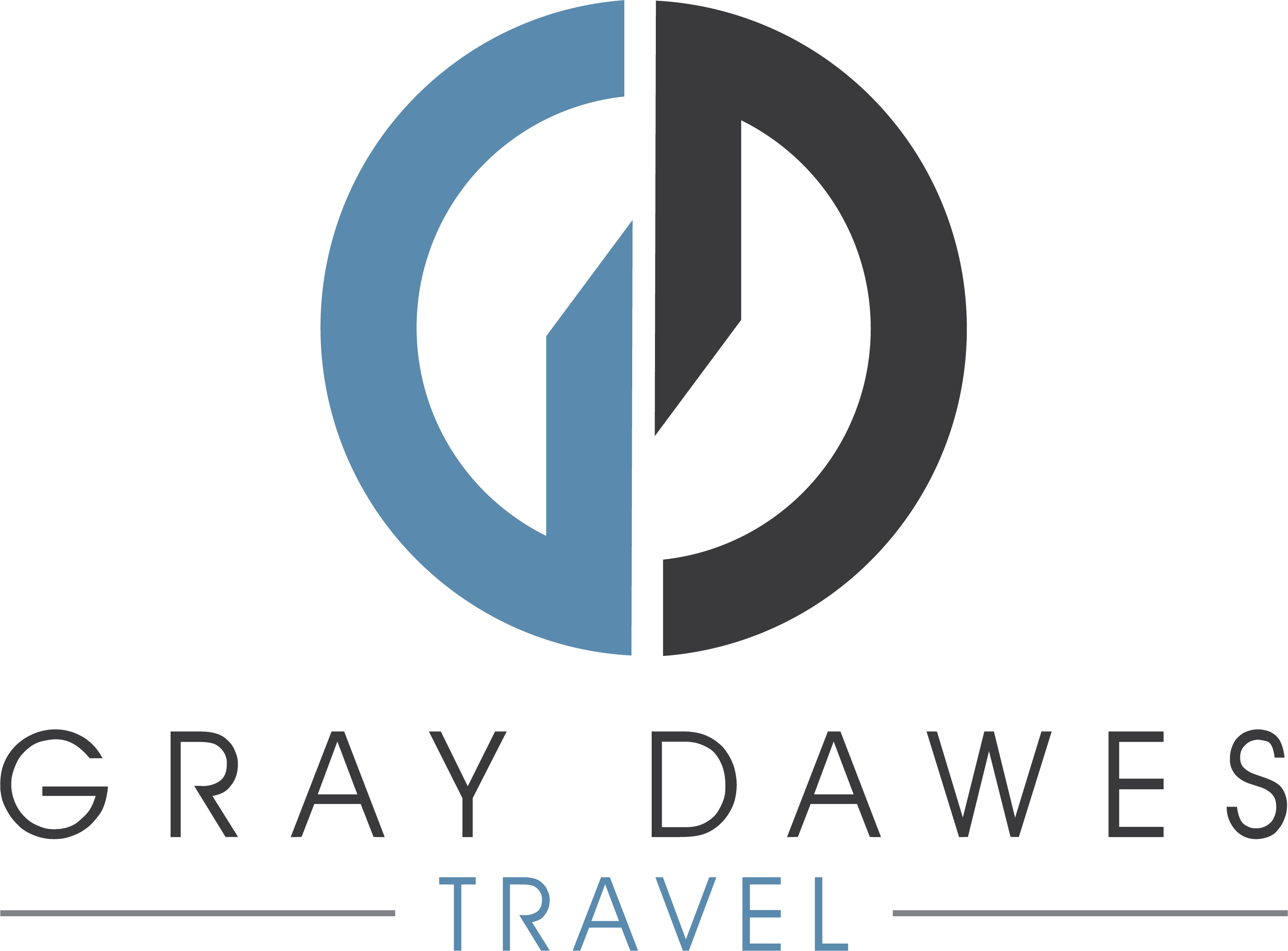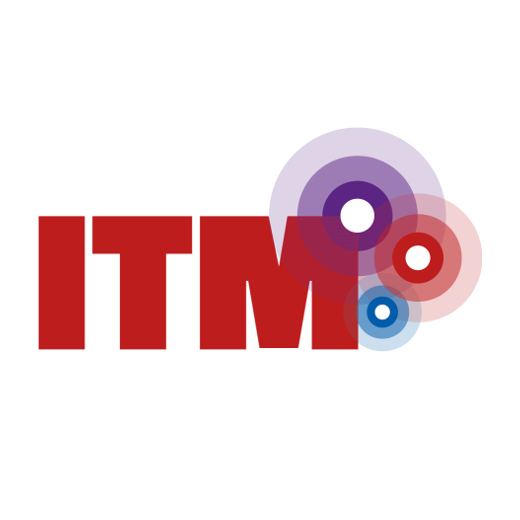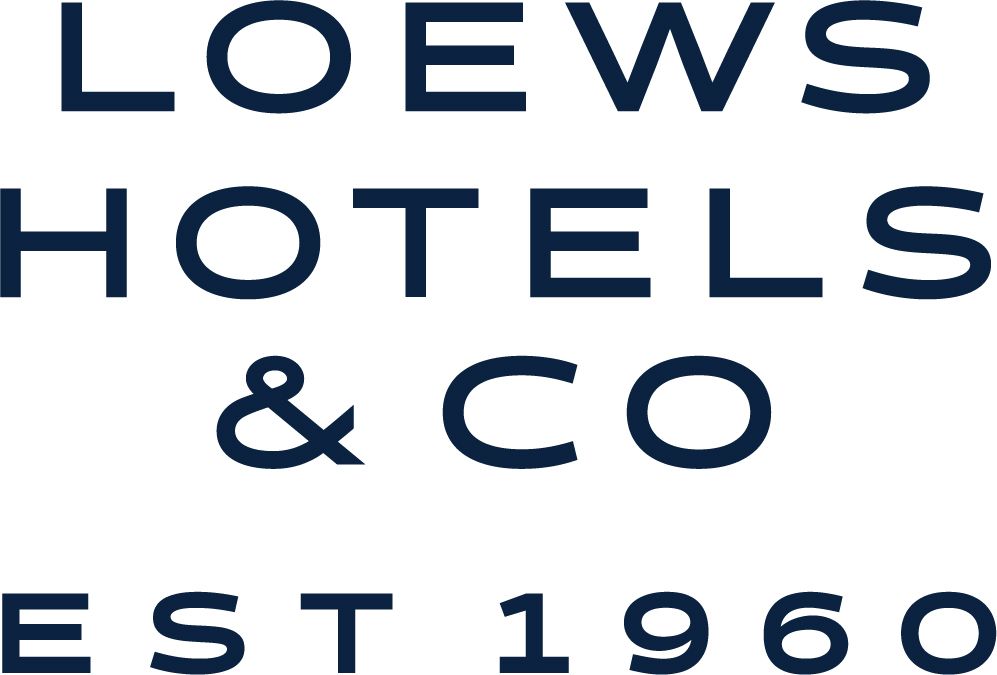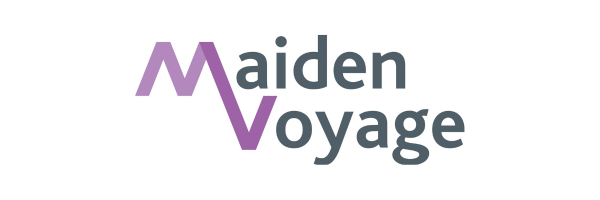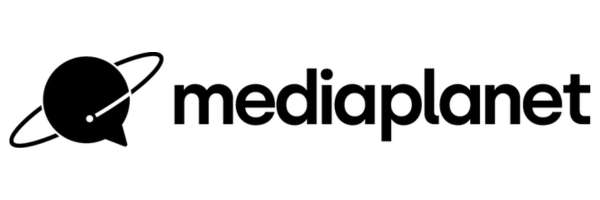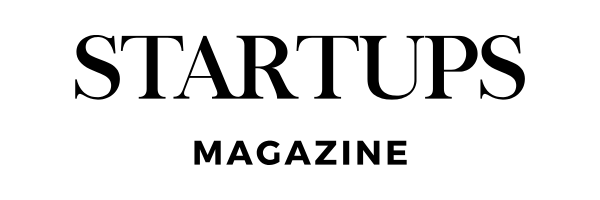Mobility-as-a-Service vs. TMCs: Redefining the Landscape of Corporate Travel
)
- Updated by: Jonathan Carter-Chapman, Marketing Director, Northstar Travel Group
- Re-published: April 2025
- Topics: Mobility-as-a-Service, Travel Management, TMCs, Corporate Travel Technology
- Read Time: 7 minutes
Quick Summary
This blog explores the growing shift from traditional Travel Management Companies (TMCs) to Mobility-as-a-Service (MaaS) platforms in corporate travel. It highlights technological advancements, sustainability goals, and the increasing importance of traveller experience. Key decision-makers, such as corporate travel managers and finance leaders, will find insight into choosing the right solution for modern business mobility.
Business Travel Show Europe | 19-20 June 2025 | ExCeL London
Introduction: Rethinking Business Travel for a Flexible Workforce
For decades, corporate travel was dominated by traditional travel management companies (TMCs). These service providers offered structured, centralised solutions for booking, policy management, and expense tracking. But over the past decade - and particularly post-pandemic - we’ve witnessed a major shift.
The rise of Mobility-as-a-Service (MaaS) platforms, technological disruption, sustainability priorities, and employee preferences have all contributed to a transformation in how organisations approach corporate travel.
This comprehensive guide compares TMCs with MaaS solutions to help organisations navigate this changing landscape.
Understanding Mobility-as-a-Service (MaaS)
Mobility-as-a-Service integrates various forms of transport services - from public transport and e-scooters to car clubs and trains - into a single accessible platform. Think of it as an all-in-one app for travel booking, cost management, and real-time itinerary updates.
H3: MaaS and the Connected Employee
MaaS offers agility and responsiveness ideal for today’s fast-moving teams. Employees can book or modify travel plans on-the-go using apps like Mobilleo. These tools support real-time ticketing, journey planning, and access to thousands of transport options across global and local providers.
H3: Legal and Financial Structures: Mobility Budgets
An emerging trend with MaaS is the adoption of mobility budgets. Organisations allocate monthly allowances covering public transport, shared mobility, taxis, or EV hire. These budgets reduce administrative overhead and enable better financial planning for both employer and employee.
The Role of Travel Management Companies (TMCs)
TMCs remain relevant in managing complex or international travel requirements. They provide personalised consultancy, access to negotiated supplier rates, support with risk management and legal compliance.
Strengths of TMCs
- Strategic oversight across regions
- Support for high-volume and policy-heavy industries
- Services like visa assistance, emergency support, and manual itinerary handling
Where TMCs Fall Short
Despite their capabilities, TMCs often operate legacy systems, are slow to adapt to change, and charge higher booking fees. They’re not designed for decentralised travel needs or younger, tech-driven teams demanding autonomy and flexible journeys.
Infrastructure and Technology Comparison
Mobilleo and other MaaS apps use APIs to connect with transport providers and GDSs, giving users access to real-time travel options without needing multiple apps or agents. They’re built on microservice architecture - ensuring speed, resilience, and scalability.
TMCs traditionally rely on closed systems and fixed integrations. These are harder to maintain and offer limited visibility across transport types or sustainability indicators.
Real-Time Booking vs Static Inventory
- MaaS: Real-time availability, dynamic pricing, integrated payment and ticketing
- TMC: Reliant on GDS + OBT combinations, static pricing, manual intervention in many cases
Travel Expense Management and Financial Control
One of the strongest arguments for adopting MaaS platforms is the integration of expense management into booking flows. Employers gain transparency on travel costs, can track average vs actual spend, and offer flexibility through virtual cards.
Benefits for SMEs
Small businesses benefit from lower fees, self-serve tools, and no need for binding agency contracts. MaaS empowers employees to manage their own bookings while staying within company policy.
Reporting and Policy Compliance
With advanced analytics dashboards, MaaS platforms help finance and operations teams automate reports and stay within budget. This enhances forecasting accuracy and internal compliance.
Employee Satisfaction and the Rise of Bleisure
The blending of business and leisure travel - or bleisure - has become a key differentiator for employee experience.
Mobilleo and similar MaaS platforms enable organisations to assign caps to mobility budgets, allowing users to exceed them with personal payment. This supports freedom while maintaining financial control.
Generational Preferences
Millennials and Gen Z professionals increasingly expect self-managed travel, digital tools, and flexible policies. TMCs often struggle to deliver these experiences within their traditional frameworks.
Environmental Sustainability in Corporate Travel
MaaS platforms align closely with corporate sustainability policies. By prioritising rail over air, electric vehicle hire, or micromobility, they help companies reduce carbon emissions.
Meeting the SDGs
Mobilleo helps businesses meet the UN’s Sustainable Development Goals (SDGs), particularly:
- Goal 3: Good health and wellbeing (active travel)
- Goal 11: Sustainable cities and communities
- Goal 13: Climate action (CO2 reduction)
TMCs are evolving, but many still lack tools for carbon footprint calculation or behavioural nudges toward greener travel.
Futureproofing Your Travel Strategy
Whether you’re a procurement lead, finance manager, or operations director, futureproofing your travel strategy means investing in flexibility, technology, and sustainability.
Why MaaS Makes Strategic Sense
- Real-time responsiveness
- Improved traveller satisfaction
- Integrated expense tracking
- Scalable pricing models
- Environmental accountability
TMCs are better suited for specialist travel scenarios but may require internal digital transformation to remain competitive.
Conclusion: The Path Ahead
The choice between MaaS and TMCs isn’t black-and-white. Some organisations may benefit from a hybrid model. But as workforce expectations shift, and technology evolves, MaaS provides a future-ready alternative that blends cost control, sustainability, and user autonomy.
As discussed at the Business Travel Show Europe, innovation in mobility is not only about saving money, but also about creating better travel experiences for everyone involved.
Key Takeaways:
- MaaS is agile, scalable, and increasingly aligned with corporate values
- TMCs provide legacy stability but may lack innovation
- Mobility budgets are reshaping how companies manage travel finances
- MaaS enhances sustainability, employee satisfaction, and digital resilience
FAQs
Further Reading
- "5 Ways Tech is Changing Business Travel" – FCM Travel
- "Bleisure Travel Explained: Meaning, Benefits & Business Impact" – AltoVita
- “Mobility Trends and Smart Cities” - Avenga
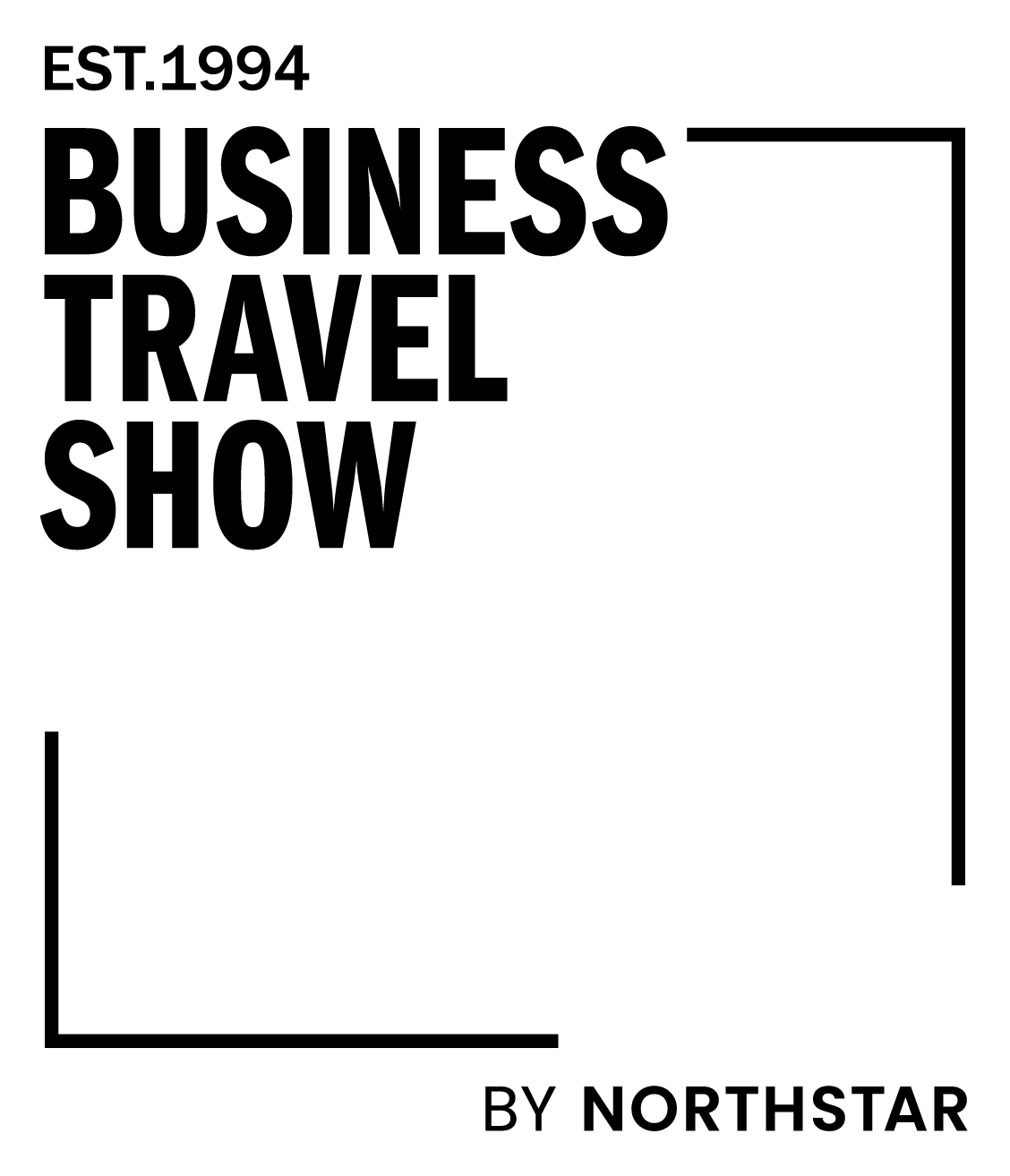


)
)
)
)
)
)
)
)
)
)
)
)
)
)
)
)
)
)
)
)
)

